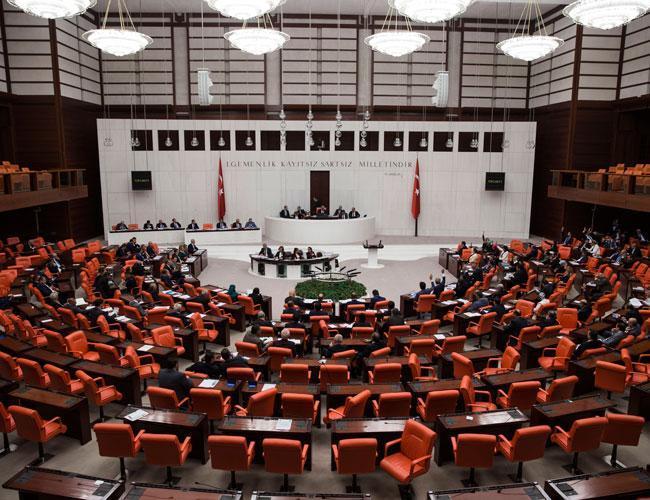Proposed regulations target illegal organ trading
Bülent Sarıoğlu - ANKARA

A legislative proposal submitted to parliament aims at ending the illegal human organ trade that has been on the rise for some time in Turkey.
There have been reports suggesting Turkish people are selling their kidneys on social media mediums and other internet platforms, prompting the government to take action.
The proposed legislation, which targets the illegal trading of human organs, regulates who donate and receive organs for transplant operations.
The proposal removes the conditions that couples should be married for at least two years to be eligible to donate and receive organs from each other. It also says a special ethics commission will be established in provinces, which have transplant centers at hospitals.
Transplant operations are allowed between fourth-degree relatives, according to the proposal.
If a patient is unable to find a suitable organ from fourth-degree relatives or a spouse, then the transplant ethics committee will decide whether the transplant should be carried out with organs donated from someone who is not a relative or spouse.
“This proposal fills a vacuum in the respective law,” said Ahmet Demircan, a lawmaker from the ruling Justice and Development Party (AKP), who submitted the proposal.
Floor debate this week
Lawmakers are expected to debate the omnibus bill, which includes regulations regarding transplants and restricts employing doctors who were dismissed with emergency decrees, in the general assembly this week.
Another controversial proposal included in the bill expands a ban on sperm and egg donations.
According to this particular legislation, a doctor who refers people to donation centers to seek fertility treatment in foreign countries may risk facing up to five years in jail.
Another provision in the proposed bill, however, widens the scope of support provided by the Social Security Institution (SGK) for infertile families. Accordingly, women who are older than 23 years and younger than 40 years will be eligible to seek state support to have medical assistance to have a baby. SGK will provide financial assistance to those women.
Opposition lawmakers have criticized another controversial proposal that regulates employing doctors who were dismissed with emergency decrees.
According to the draft bill, medical doctors, medical practitioners and dentists who have been dismissed with emergency decrees for being affiliated with terrorist groups and are deemed security threats by the National Security Council will not be able to work at public hospitals and will only be able to work at private hospitals and private hospitals that work with state institutions.
Main opposition Republican People’s Party (CHP) deputy leader Özgür Özel claimed this proposed legislation condemns those doctors to “starvation.”
“This is a death legislation” for doctors who in fact “struggle to save lives,” said Tuba Vural Çokal from the İYİ (Good) Party.
Defending the draft, Demircan said doctors could still legally challenge the decisions taken against them.
“They could appeal to the commission or take the issue to courts. This is what they are doing,” he said.
















